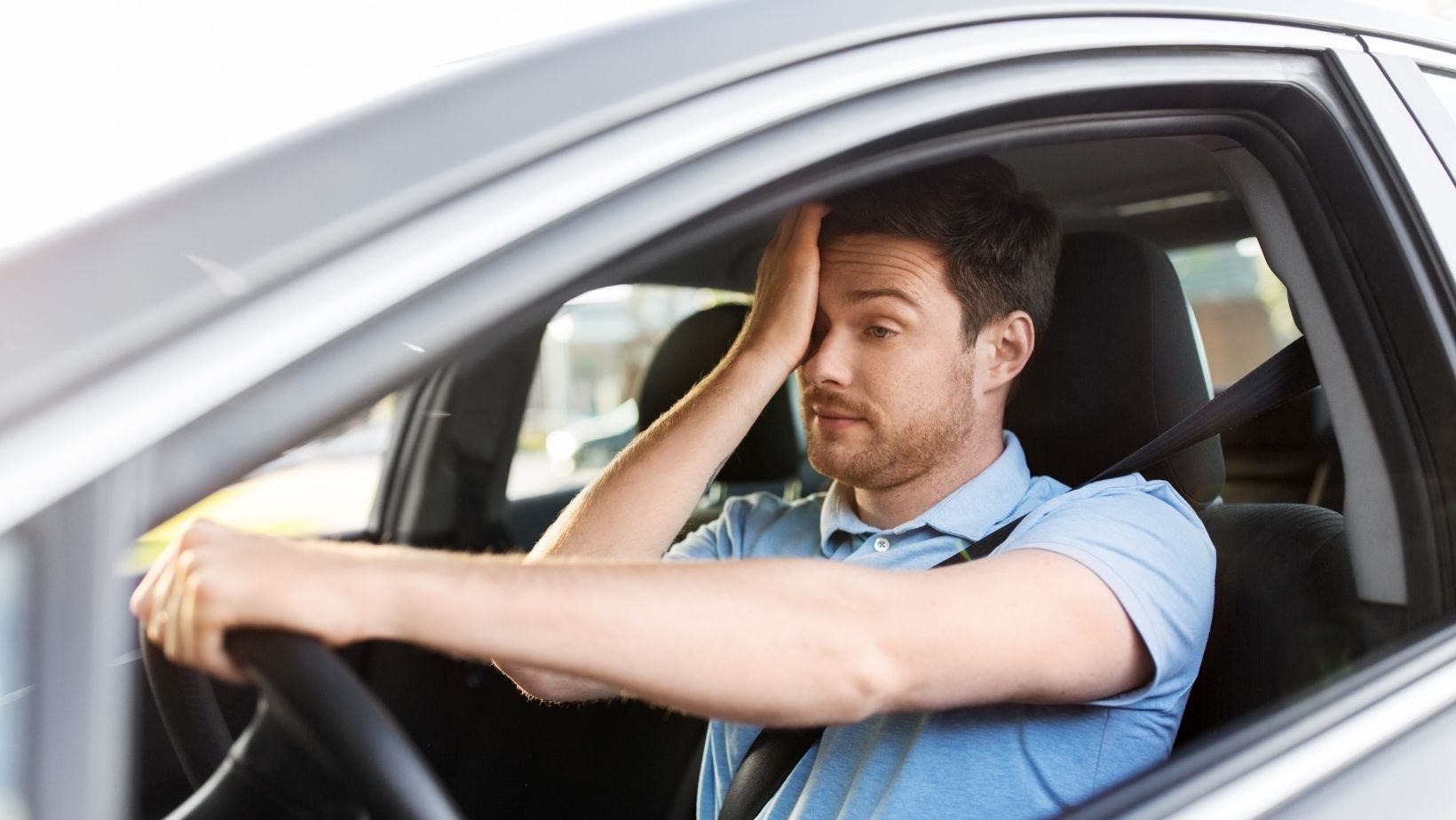Driving while drowsy isn’t just dangerous—it can be deadly. According to the National Highway Traffic Safety Administration, drowsy driving causes thousands of crashes every year, many of them fatal. An expert law firm for car accidents points out that what makes this even more alarming is that sleep-related accidents often happen without warning. Unlike alcohol, which can be measured with a breathalyzer, drowsiness is harder to detect. That’s why it’s crucial to take preventive measures before you even get behind the wheel. Whether you’re a long-haul trucker, a daily commuter, or someone just heading out on a road trip, staying alert on the road could save your life—and others’.
-
Get Enough Sleep Before Driving
It might sound obvious, but many drivers underestimate how important a full night’s sleep is before getting behind the wheel. Adults need at least 7 to 9 hours of quality rest per night. If you’re planning a long drive, treat it like any other major event: prepare the night before. Just as you wouldn’t head into an important meeting on no sleep, you shouldn’t hit the highway running on fumes. Lack of rest dulls your reflexes, slows your reaction time, and impairs judgment—all dangerous combinations when driving.
-
Avoid Driving During “Sleepy Hours”
Your body follows a natural rhythm called the circadian cycle. This internal clock tells your brain when to feel alert and when to feel tired. Typically, people feel most drowsy between midnight and 6 a.m., and again in the mid-afternoon, around 2 p.m. to 4 p.m. If possible, plan your trips outside of these windows. Driving during your body’s natural low-energy times increases the likelihood of nodding off, even if you feel like you’re managing. Listen to your body. If your eyes are getting heavy, it’s time to rest.
-
Take Regular Breaks
Long stretches of uninterrupted driving can put even the most alert drivers at risk. Plan to take a break at least every two hours or every 100 miles. Use this time to get out of the car, stretch, take a brisk walk, or grab a healthy snack. These short pauses help reset your mind and improve blood circulation, keeping fatigue at bay. Don’t underestimate the power of a 15-minute pit stop—it could be the difference between arriving safely and not arriving at all.
-
Keep the Cabin Cool and Stimulating
A warm, cozy car might be great for comfort, but it’s also a recipe for drowsiness. If you’re feeling sleepy, try lowering the temperature slightly and opening a window for fresh air. Cool air stimulates your senses and helps keep your brain alert. Listening to upbeat music or engaging podcasts can also help. Just make sure they’re not too relaxing or monotonous. The goal is to stay mentally engaged, not lulled into a state of complacency.
-
Avoid Heavy Meals Before Driving
What you eat before and during your drive has a surprising impact on your alertness. Heavy, carb-loaded meals can make you feel sluggish and sleepy. Instead, opt for light, protein-rich snacks like nuts, yogurt, or a banana. Also, stay hydrated. Dehydration can cause fatigue and lower concentration levels. Avoid alcohol entirely, even in small amounts. It can amplify drowsiness and severely impair your ability to drive safely.
-
Don’t Rely Solely on Caffeine
A strong cup of coffee can provide a temporary jolt, but it’s not a magic fix. Caffeine may mask the symptoms of fatigue, but it doesn’t replace the need for actual rest.  Even after a double espresso, you’re still at risk if your body is sleep-deprived. If you’re feeling genuinely tired, the safest solution is to pull over and take a short nap. A 15- to 20-minute power nap can significantly enhance alertness and performance while driving.
Even after a double espresso, you’re still at risk if your body is sleep-deprived. If you’re feeling genuinely tired, the safest solution is to pull over and take a short nap. A 15- to 20-minute power nap can significantly enhance alertness and performance while driving.
Conclusion: Stay Smart, Stay Safe
Sleepy driving is a silent threat that can strike even the most experienced drivers. But with some planning, awareness, and discipline, you can stay alert and significantly reduce your risk of a crash. Don’t push through fatigue or convince yourself that blasting music or rolling down the windows will keep you awake. The safest driver is a well-rested one. If you or a loved one has been injured in an accident caused by a drowsy driver, don’t hesitate to reach out to a law firm for car accidents. You deserve answers, accountability, and the support to move forward.

